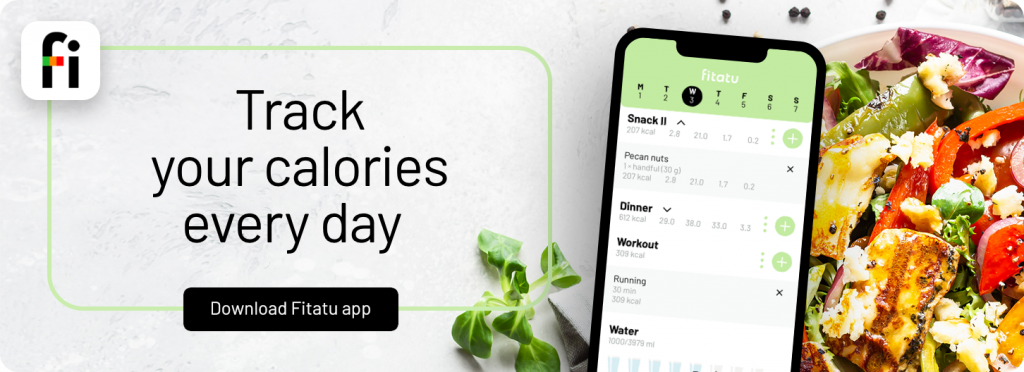Small Intestinal Bacterial Overgrowth (SIBO) – what to eat and what to avoid?

Small Intestinal Bacterial Overgrowth (SIBO) – what to eat and what to avoid?
What is SIBO and what are its symptoms and causes? Can diet help with this condition? How to treat and diagnose SIBO? You will find answers to these questions in the following article.
Gastrointestinal issues are becoming more common in the modern world. Often, the cause of the discomfort experienced is SIBO, or bacterial overgrowth in the small intestine.
Small Intestinal Bacterial Overgrowth – what is it?
Small Intestinal Bacterial Overgrowth, also known as SIBO (Small Intestinal Bacterial Overgrowth), is a condition characterized by a set of clinical symptoms within the gastrointestinal tract. The occurrence of digestive system disorders is due to an excessive amount of bacteria residing in the small intestine. An excessive amount of bacteria in the intestines causes disturbances in the microbiological balance. In a healthy person, most bacteria reside in the colon areas, i.e., in the lower part of the digestive tract.
Symptoms of SIBO
Symptoms characterizing SIBO include weight loss, excessive gas production, bloating, diarrhea, fatty stools, abdominal pain. Anemia and nutritional deficiencies are also common in affected individuals. If a person with SIBO has fatty stools, it indicates abnormal fat metabolism, which may be associated with a deficiency of fat-soluble vitamins such as: A, D, E, and K.
Causes
Small intestinal bacterial overgrowth syndrome is very common in people with IBS. But that’s not the only risk factor. Anatomical malformations of the gastrointestinal tract, or motility disorders of the digestive system also predispose to the occurrence of SIBO. People with reduced immunity, e.g., during HIV infection, during cancer treatment, are also exposed to bacterial overgrowth in the small intestine. This problem can also affect people struggling with absorption disorders in diseases such as celiac disease or Crohn’s disease.
Diagnosing SIBO
The gold standard in diagnosing SIBO is hydrogen breath tests with lactulose or glucose. Their task is to check if after consuming sugar (lactulose), methane and/or hydrogen is present in the exhaled air. Both gases are not produced by humans; they are produced by bacteria during the sugar fermentation process. Such a test lasts from 90 to 120 minutes, if gases are detected during the test, the specialist can diagnose SIBO.
For the tests to be reliable, one must properly prepare for the test. Clinics and laboratories conducting such tests have a list of products and medications to exclude from the diet. These exclusions can last even several weeks, so it’s worth checking the requirements well in advance to ensure the accuracy of the results.
Additional tests that may be ordered to diagnose SIBO and check the health of the body include: complete blood count, vitamin B12 and folate levels, endoscopy.

Diet in SIBO
A characteristic element in the course of SIBO is the worsening of symptoms after consuming products rich in fermentable sugars oligo-, di-, monosaccharides, and polyols, known as FODMAPs. To improve the quality of life, it is recommended to avoid products from this group. We wrote about the low FODMAP diet and sources of highly fermentable sugars in an earlier article. If you suffer from SIBO or IBS, make sure to familiarize yourself with it.
However, a low FODMAP diet will not help everyone. If SIBO occurs as a consequence of abnormal anatomical structure or low immunity, a diet excluding FODMAP sources will not lead to positive results.
Treating SIBO
The gold standard in treating SIBO is the implementation of antibiotic therapy controlled by a specialist doctor. Antibiotic therapy reduces the number of bacteria in the small intestine, restoring bacterial balance. Besides antibiotic treatment, it’s important to find the cause of SIBO. In people with IBS, implementing a low FODMAP diet is necessary; for those with anatomical abnormalities, surgery may be required.
Other actions helpful in SIBO
If nutritional deficiencies have occurred as a result of bacterial overgrowth, they should be supplemented. The appropriate preparations will be prescribed by a specialist doctor, most commonly prescribed are supplements for fat-soluble vitamins and vitamin B12 and folic acid.
Research in the field of probiotic therapy in SIBO is continuously conducted. At this moment, no specific strain has been identified that would have a preventative effect on the occurrence of SIBO. Probiotics are used symptomatically, under occurring symptoms. It’s important to remember not to implement probiotics on your own without a doctor’s advice. Inappropriately chosen probiotic therapy can harm and slow down the treatment.
Fitatu® Support Group
Reaching your goal is easier with the support of others! Join our Fitatu Facebook group and achieve your goals together with other Fitatu® app users. With the group members, you can share your results every day and motivate each other to keep going.
Fitatu® App
Not yet familiar with Fitatu®? Download the app from the Play Store or Apple Store and start taking charge of your health with us! Do you want to have access to all the features? Go for Fitatu® Premium! For blog readers, we have a special discount code: SIBO-BD. Go to https://www.fitatu.com/app/order-and-payment and claim a 20% discount on Fitatu® Premium annual plans. The code combines with other promotions.
What else can you find in Fitatu® Premium?
- Over 2,000 recipes plus dozens of new ones every month,
- additional intermittent fasting plans,
- possibility to create shopping lists,
- 6 pre-prepared meal menus,
- filtering of products and recipes,
- more synchronization with fitness apps,
- access to the app in the web version,
- no adverts!
Bibliography:
- https://link.springer.com/article/10.1007/s11894-019-0671-z
- https://ncez.pzh.gov.pl/choroba-a-dieta/choroby-ukladu-pokarmowego/sibo-definicja-diagnostyka-leczenie-dieta/
- https://www.sciencedirect.com/science/article/abs/pii/S0889855321000200?via%3Dihub
- https://pubmed.ncbi.nlm.nih.gov/28267052/
Older entries:
- Overview of materials intended for contact with food. What should kitchenware be made of?
- Demystifying fat: How many calories are in a fat?
- Sweet but smart snacks for kids : A look at popular sweets and healthier alternatives
- Fat in a weight loss diet — Enemy or ally?
- 11 tips on how to prepare meals faster





